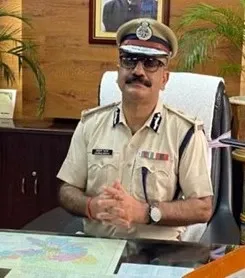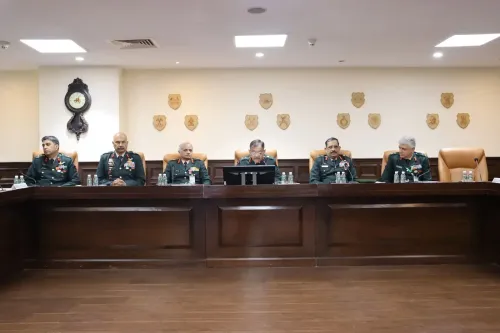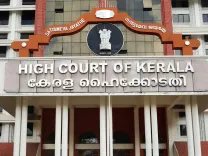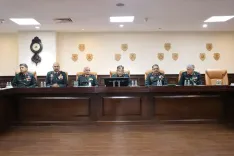Why Did the SC Reject the Contempt Plea on Jharkhand DGP Appointment?

Synopsis
Key Takeaways
- Supreme Court dismisses contempt petitions.
- Political disputes shouldn't enter the judicial process.
- Legal remedies available for dissatisfied officers.
- Public interest litigation should focus on vulnerable communities.
- Appointment processes must adhere to established guidelines.
New Delhi, Aug 18 (NationPress) The Supreme Court on Monday rejected contempt petitions filed by Jharkhand's Leader of Opposition Babulal Marandi and others, contesting the appointment of Anurag Gupta as the state's Director General of Police (DGP).
A bench led by Chief Justice of India (CJI) B.R. Gavai stated that contempt actions cannot serve as instruments for settling political grievances.
"Contempt proceedings should not be employed to resolve political disputes. They should be settled among the public," the CJI commented during the proceedings.
The bench indicated that the issue was fundamentally about two officers but was being framed as a contempt case.
It further emphasized that the rules of the state government legitimized the current DGP's appointment.
"If an officer feels aggrieved by losing their position or benefits, they have legal recourse. Public interest litigations are designed for vulnerable and marginalized groups, not for resolving personal conflicts between rival officers," the bench remarked.
Senior advocate Anjana Prakash, representing the petitioners, asserted that Jharkhand had appointed an ‘acting DGP’ similar to practices in Uttar Pradesh, thereby circumventing the required procedure.
In response, the CJI remarked, "Our extraordinary powers are valid until a law is enacted. Once the legislature establishes a law, that law will take precedence over prior court directives."
The Jharkhand government was represented by senior advocate Kapil Sibal, who defended Gupta’s appointment.
Marandi and others argued that this action contravened the Supreme Court’s notable 2006 ruling in Prakash Singh vs Union of India, which established guidelines for the appointment and tenure of DGPs.
The petition claimed that former DGP Ajay Kumar Singh was removed before his mandatory two-year term was completed and that Anurag Gupta's appointment as ‘acting DGP’ was unlawful.
With the dismissal of the petitions, the court clarified that the case was not about contempt but rather about service-related issues that should be addressed through appropriate legal avenues, not political or public interest litigations.









